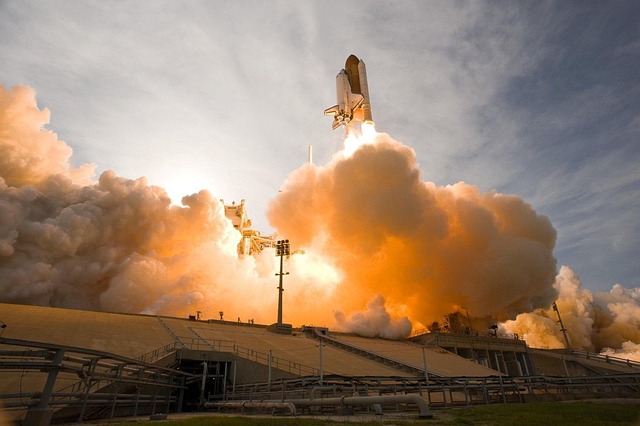The Divine Mission: Exploring the Intersection of Religion and Morality
Throughout history, the concept of mission has been a central theme in many religious traditions. Each faith provides adherents with a sense of purpose, guiding them to live moral lives that reflect their beliefs. This intersection between religion and morality invites us to explore deeper questions: What is our mission in life? How do our beliefs shape our values and actions?
At its core, religion often extends beyond rituals and dogmas; it serves as a framework for understanding right and wrong. The ethical teachings found in various sacred texts emphasize values such as compassion, justice, humility, and love. For instance, the Golden Rule, which appears in numerous religions, promotes treating others as one wishes to be treated. This principle illuminates a universal moral mission that transcends cultural boundaries.
When we consider our personal missions, integrating religious teachings can enhance our moral decision-making. Many individuals find that their faith provides clear guidance during times of uncertainty. For instance, believers may turn to prayer or meditation to seek clarity on ethical dilemmas, invoking their religious frameworks to help navigate life’s complexities.
The mission to lead a moral life can also cultivate a sense of community. In many faith traditions, congregations unite to support one another, echoing the moral principles that their beliefs uphold. These communities often engage in social justice efforts, emphasizing the importance of serving others and addressing societal issues. Here, morality is not merely a personal endeavor; it becomes a collective responsibility.
However, the relationship between religion and morality can be complicated. Different interpretations of religious texts can lead to varying moral conclusions, sometimes resulting in conflict. The challenge lies in recognizing the diversity of beliefs while promoting a common mission of moral integrity. It invites us to engage in respectful dialogue, fostering understanding among people with different faith backgrounds.
Furthermore, in a rapidly changing world, the role of religion in shaping morality is continuously evolving. Many individuals are reassessing their faith in light of contemporary challenges such as climate change, inequality, and technological advancement. This reassessment often sparks a renewed commitment to ethical living—a modern mission influenced by age-old religious teachings.
Ultimately, the exploration of religion and morality encourages introspection and growth. It compels us to evaluate our values and motivates us to align our actions with our beliefs. By embracing the spiritual mission inherent in our faith, we can contribute to a more just and compassionate world.




